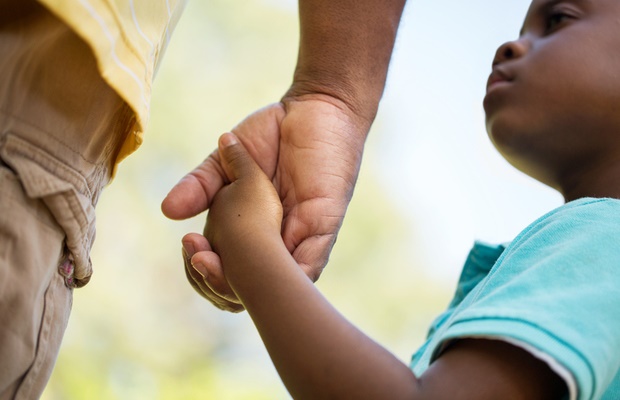Improving the behaviour of children with autism isn't easy, but social skills in these children do appear to improve slightly after a nasal spritz of oxytocin, the so-called "love hormone", researchers report after conducting a study.
Autism is defined as a complex spectrum of disorders. A previous Health24 reported that autism is treatable and that symptoms can be greatly improved with the right behavioural intervention.
In South Africa, more than 7 000 children with autism are born every year.
Small but significant study
However, the study was small, and it's not clear if the typical improvement in "social responsiveness" was significant enough to be noticeable. "I wouldn't throw a parade over it," said study lead author Karen Parker, a neuroscientist and associate professor at Stanford University.
But the findings point to avenues for future research, Parker said, especially because kids with the lowest levels of oxytocin in their bodies seemed to benefit the most. “Better understanding the individual differences in the biology of patients may hold the key to critically assessing which patients the drug will benefit," she said.
Improving social behaviour
The hormone oxytocin has been linked to bonding between people, and it's believed to boost trust and empathy. Some studies in recent years have also linked it to better social skills, which have led some practitioners to recommend synthetic oxytocin as an autism treatment. Autism researcher George Anderson estimated that perhaps 10% of parents of autistic kids have tried treating their children with oxytocin.
But Anderson, a senior research scientist with the Yale University Child Study Center, is sceptical of the new study's findings. "It is not clear that oxytocin had any clinically significant effect," he said. And Anderson is cautious in general about oxytocin research in people. Much of the research is iffy because scientists haven't been able to replicate it, he said. Also, most findings about human oxytocin levels have been debunked, he added.
How the study was conducted
The current study looked at 32 kids, aged 6–12, with autism. They were randomly assigned to use an oxytocin nasal spray or a placebo twice daily for four weeks. Blood tests measured their oxytocin levels at the study's start and conclusion.
At the beginning of the study, parents filled out a questionnaire about their kids' "social responsiveness". They were asked about the children's isolation levels, their understanding of the feelings of others, and their ability to express their own feelings. Initially, the average score was about 106 points. The researchers said scores rose by an average of 10 points in kids who took oxytocin and about three points in the children who got the placebo. Researchers also found signs that the oxytocin treatment may have boosted production of the hormone in some kids.
Hope for the future
These are small changes, however, and the study didn't actually prove that the nasal spray led to the improvements. Parker acknowledged that future research will need to tackle wider questions, such as, "are they making more friends, are they doing better socially, do the teachers notice a difference?"
The study reported no difference in reported side effects between the placebo and oxytocin, Parker said. As for cost, she said the oxytocin nasal spray was compounded at a pharmacy and cost about R1 350 (100 US dollars) a month.
"We know that it's involved in a lot of social behaviours in animals like the formation of social bonds," Parker said. "If you give it internally, it helps people understand emotion and other people's states of minds better." The study appears in Proceedings of the National Academy of Sciences.
For now, autism can be controlled through means of a child-specific behavioural approach such as:
- Occupational therapy
- Speech therapy
- Other treatment plans such as Auditory Integration Training, Listening Programmes, Primal Reflex Therapy, HANDLE therapy, Braingym or Biokinetics
- Dietary changes
Read more:
Here's why autistic people don't look you in the eye
Could a blood test spot autism in childhood?




 Publications
Publications
 Partners
Partners












